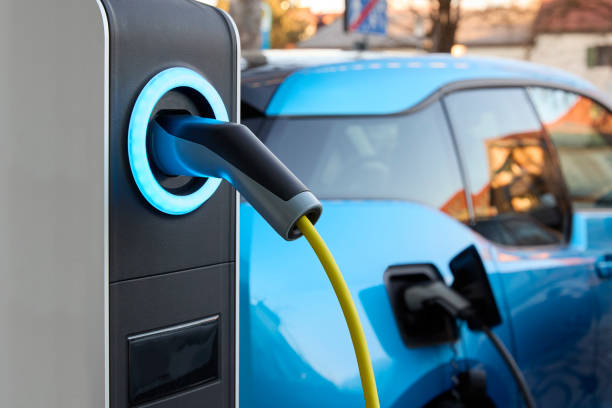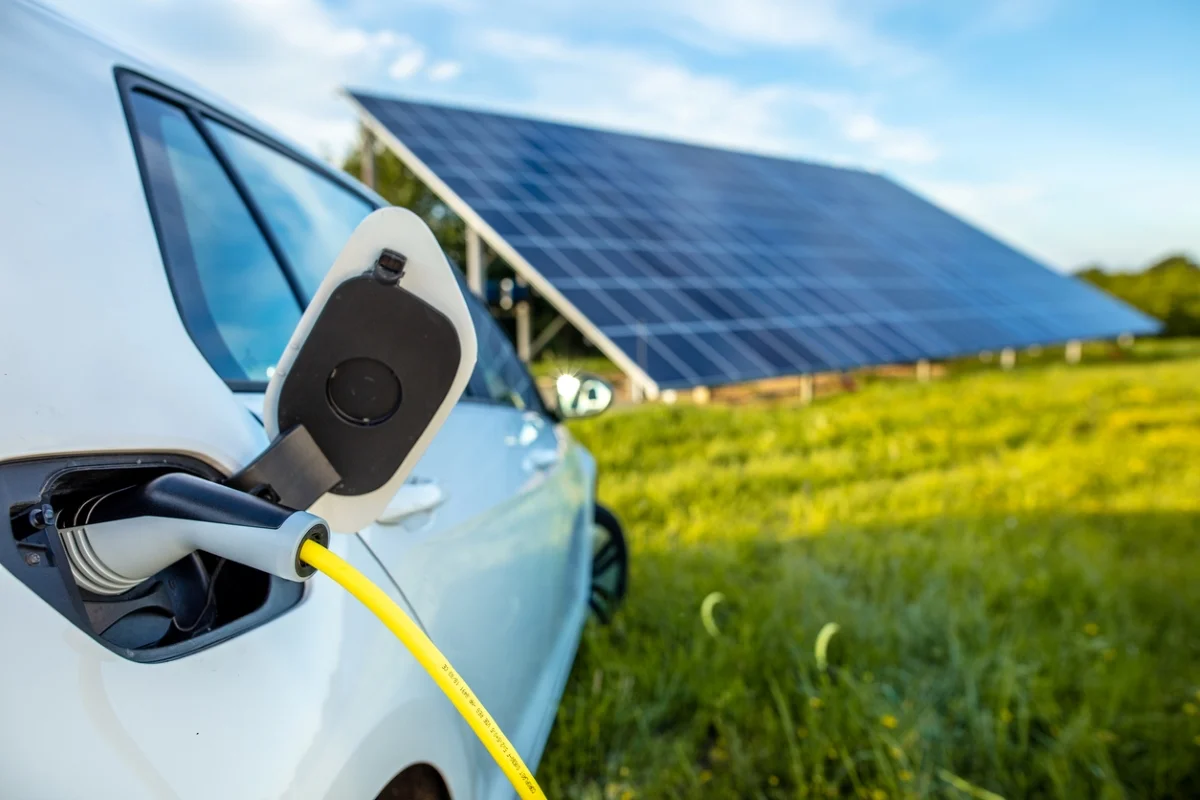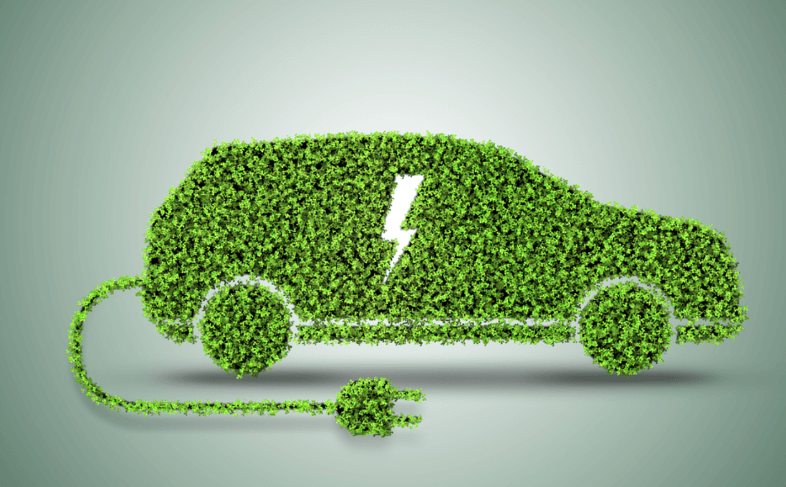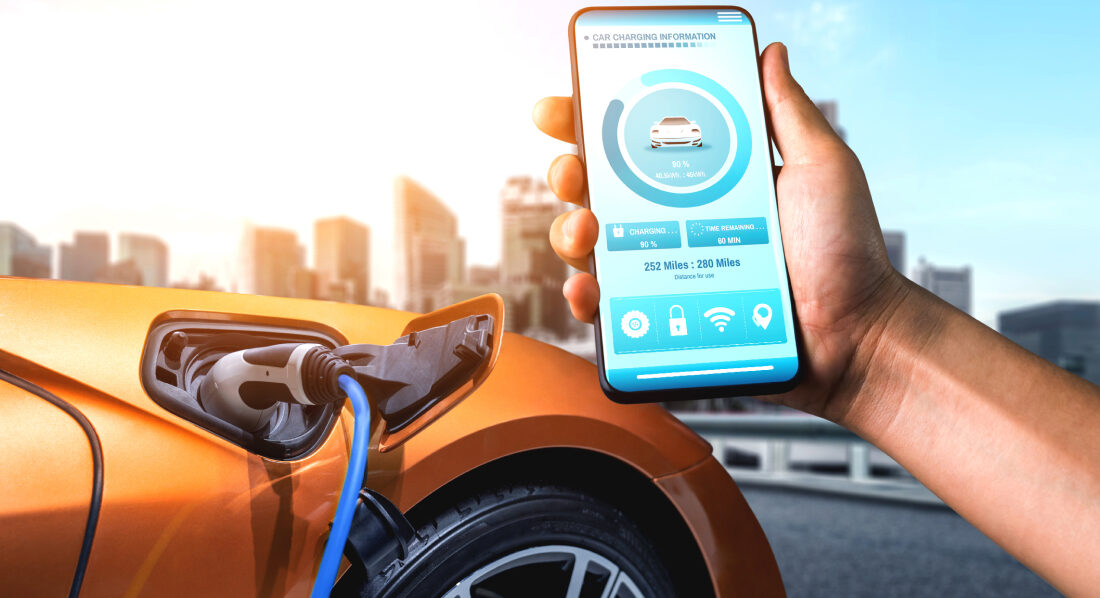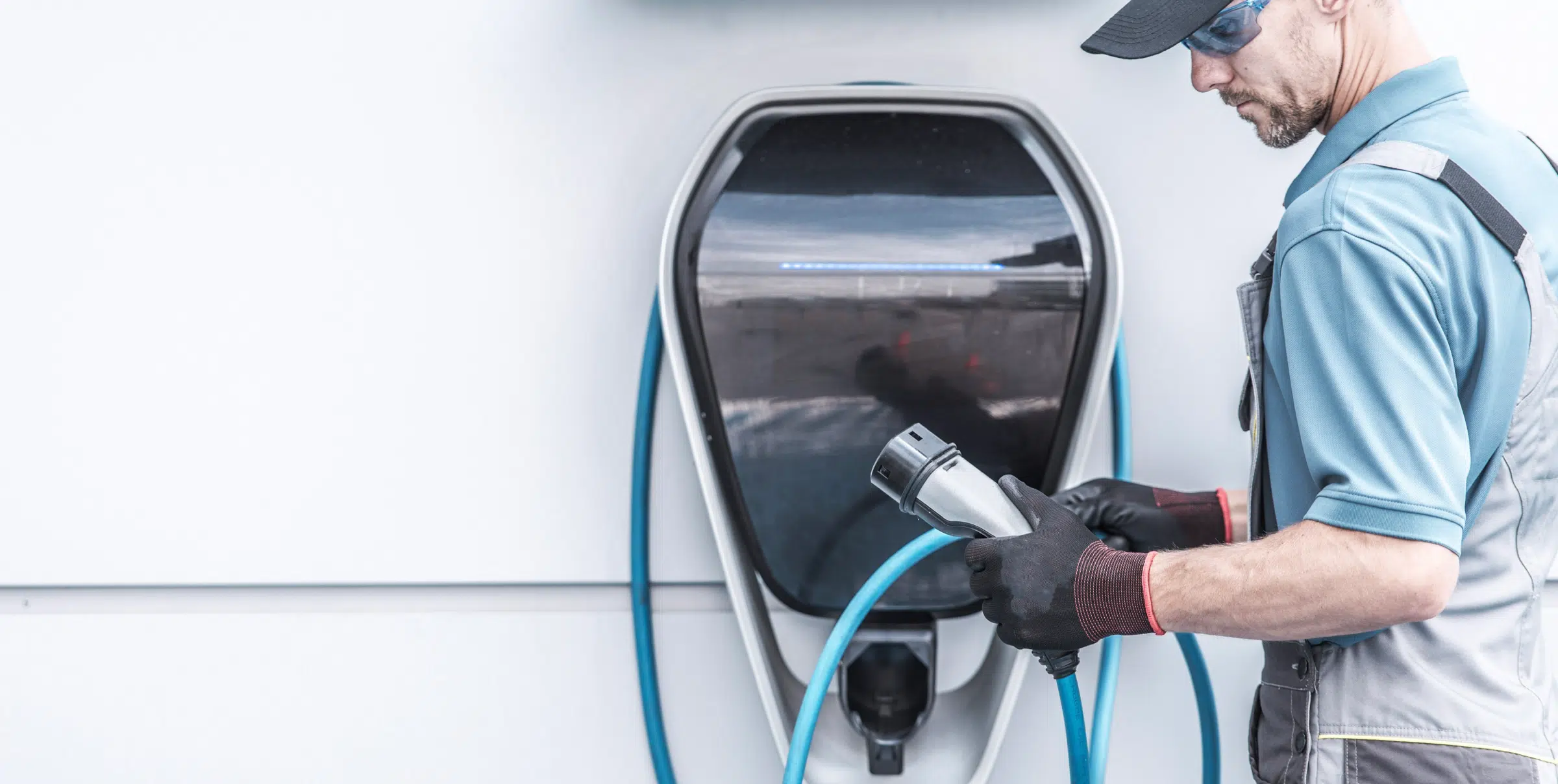- The average car battery will charge in around eight hours with a 7 kW charger
- It costs an average of £0.70 per kWh to charge an electric car
- Costs of public EV charging has increased by 50% since May 2022
The surge in popularity of electric cars can be attributed to the expanding network of public chargepoints and the affordability of electric car charger installations.
Yet, a lingering question surrounds the duration required to charge an electric car. This inquiry is addressed here, examining the distinctions between home and station charging, identifying the fastest car chargers, and highlighting the electric car that charges the most swiftly.
If you’re prepared to discover the ideal EV charging point for your needs, explore our complimentary form. Just furnish a few details about your residence, and we’ll connect you with our skilled installers.
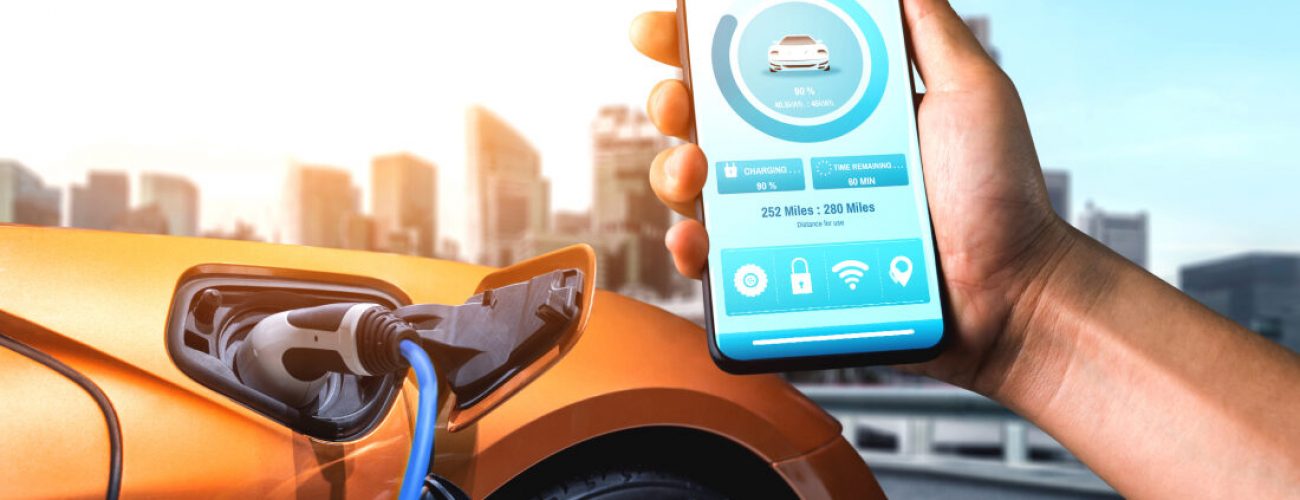
What's on this page?
How long do electric cars take to charge?
Charging an electric car can be a swift 16-minute process or a more extended 12-hour affair, contingent upon factors like battery size and the speed of the EV charger.
For instance, a standard 60 kilowatt-hour (kWh) car battery requires just under eight hours for a full charge when using a 7 kWh charger. However, it’s common for drivers to opt for periodic top-ups rather than waiting until the battery is nearly empty.
Opting for a faster 11 kWh charger can significantly reduce charging time, albeit at a higher initial cost. The speediest charging electric cars can achieve a 10% to 80% charge in just 16 minutes, provided you locate a public 350 kW charger.
How long does it take to charge an electric car at home?
The majority of residences lack a three-phase power supply, rendering them incapable of utilizing a high-speed EV charger with a capacity of 22 kWh or more. Instead, homes typically operate on a single-phase power supply, well-suited for lighting and heating requirements, while three-phase supply is better suited for powering large electrical motors.
Consequently, the standard EV charger for home use typically hovers around 7 kWh. With this capacity, it takes just under eight hours to charge a 60 kWh car battery.
You can also charge your electric car with solar panels.
The table below shows charging times for various car battery sizes, based on optimal charging from 20% to 80%:
| Car battery size | EV charger power | Time to charge (hours) |
|---|---|---|
| 40 kWh | 3 kW | 8:53 |
| 40 kWh | 7 kW | 3:48 |
| 40 kWh | 15 kW | 1:46 |
| 40 kWh | 22 kW | 1:12 |
| 60 kWh | 3 kW | 13:19 |
| 60 kWh | 7 kW | 5:42 |
| 60 kWh | 15 kW | 2:39 |
| 60 kWh | 22 kW | 1:49 |
| 100 kWh | 3 kW | 22:13 |
| 100 kWh | 7 kW | 9:31 |
| 100 kWh | 15 kW | 4:26 |
| 100 kWh | 22 kW | 3:01 |
Please note: The figures above are estimates based on battery size. Bear in mind that some cars aren’t compatible with chargers over a certain power output.
Does an electric car need charging fully?
No, it’s actually advisable not to fully charge your electric car’s battery, as doing so can potentially reduce its overall lifespan.
It is recommended to maintain the State of Charge (SoC) – the level of charge in an electric battery relative to its capacity – within the range of 20% to 80%. This practice ensures the battery remains healthy and operational for an extended duration.
In most instances, a fully charged electric car is unnecessary unless you’re embarking on an exceptionally long journey. For the majority of users who engage in shorter trips, maintaining the battery level between 20% and 80% provides more than sufficient range.
What’s the fastest type of electric car charger?
The swiftest category of electric car charger is a DC charger, also referred to as a Level 3 or ultra-rapid charger. These chargers can achieve power outputs of up to 350 kilowatts (kW), although the more common range lies between 50 kW and 150 kW. However, the presence of only five 350 kW charger stations in the entirety of London and less than 60 across the UK is quite limited.
Installation of these chargers at home is not feasible; instead, they are typically found at petrol stations or dedicated charging stations.
Not all electric cars are compatible with Level 3 charging, although most new models support it. It’s crucial to verify your car’s maximum charging capacity, as using a 350 kW charger when your car’s capacity is only 50 kW would not fully utilize the available charging output, rendering it inefficient.
Furthermore, using a 350 kW charger incurs charges based on its rate, even if your car cannot fully benefit from the higher charging speed. To avoid unnecessary expenses, it’s advisable to seek a charger that aligns with your car’s charging capacity.
Additionally, many Level 3 chargers necessitate a specific subscription, meaning even if your car has a compatible charging capacity, access to the charger is restricted without the appropriate card or another form of verification.
Our beginner’s guide to electric vehicle charging has more information on the ins and outs.
Are faster electric car chargers more expensive?
Located at public charging stations, accelerated chargers generally incur a cost 77% higher than that of home chargers.
The pricing of EV chargers is directly proportional to their speed, with faster chargers incurring higher costs.
Moreover, the expenses associated with faster chargers have been steadily increasing, mirroring the upward trajectory of electricity costs.
Which electric car charges the fastest?
The Porsche Taycan boasts an impressive charging speed, taking a mere 22.5 minutes to charge from zero to full, courtesy of its robust 270 kW charging capacity. Even more noteworthy is the baseline model’s capability to charge from 20% to 80% in an astounding 11 minutes.
Adding to its allure is the Taycan’s remarkable range of 300 miles, a figure that doubles that of the widely popular Corsa-e. However, achieving this rapid charging time necessitates an EV charger with a power output of 270 kW or higher, making it impractical for home charging.
Nevertheless, this remarkable performance comes at a premium, with prices ranging from £75,555 for the entry-level model to an impressive £142,791 for the Turbo S Sport Turismo edition. While the Taycan stands as a formidable competitor to Tesla’s market dominance, it undeniably falls on the higher end of the electric car pricing spectrum.
Where are the fastest electric car chargers?
The swiftest electric car chargers are prevalent in many of the major cities throughout the UK and are strategically positioned at a few dedicated charging stations along the motorway.
To pinpoint the exact locations of EV charging stations nationwide, you can utilize Zap Map. This resource not only provides location details but also indicates the availability status of chargers, proving particularly beneficial when you’re in need of a quick recharge.
It’s worth noting that the fastest electric car chargers are not currently available at residential properties due to current technological limitations.
Summary
The speed of electric car chargers continues to increase, although the widespread adoption of this technology will require a reduction in costs.
Addressing the issue of broken EV chargers is imperative, as the establishment of a robust and dependable charging network is crucial for the advancement of electric cars.
The unreliability of the current infrastructure has led to the increased popularity of home charging, even though it may be slower than using public stations.
For those ready to explore options for an EV charger at home, you can conveniently complete our straightforward form. By providing a few quick details, we will connect you with our trusted installers, who will furnish you with tailored quotes for comparison.
Get FREE EV Charger Quotes
Find out how much an EV Charger would cost you
Complete A Short Form – Receive Free Quotes – Compare & Save
Get FREE EV Charger Quotes
Find out how much an EV Charger would cost you
Complete A Short Form – Receive Free Quotes – Compare & Save

